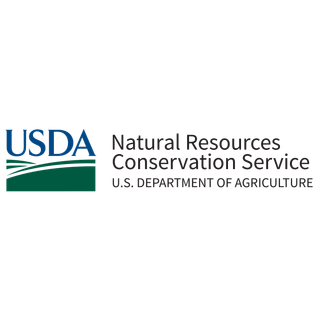Conservation has been a cornerstone of the Emmons family approach for generations. Back in 1934, when a big flood occurred, Jimmy Emmons’ grandfather witnessed all of the topsoil to the depth of the plough plane had washed off into the river. The event became a personal warning sign of the need for soil and water conservation. Jimmy’s father would later experience a similar event.
When Jimmy took over Emmons Farm, he began implementing no-till practices on his cropland, which now includes 2,000 acres. As Jimmy learned more about other conservation practices that might benefit his land, he also started using crop rotations, cover crops and planned grazing management to reduce soil erosion from wind and water.
Jimmy was one of the first in his area to experiment with pollinator strips and companion crops to help control sugar cane aphids in grain sorghum. These tools create beneficial habitat for crucial pollinators, which in turn helps control pests without the need for insecticide. Although the yield on fields with the strips and crops was less than average, the net profit was greater since he did not need to buy insecticide.
EMMONS FARM
On the livestock side of Emmons Farm, Jimmy uses planned high density stock grazing. This system mimics the way the prairie was grazed by native herbivores in the past. An innovative portable water station and portable shades designed and built on the farm, along with electric fencing, has made this grazing plan possible.
Diversifying the crop rotation has helped spread market risk and has provided the opportunity for Jimmy to capitalize on changing weather patterns. While many farmers in his area only grow one or two crops, Jimmy has taken on soybeans, cowpeas, milo, alfalfa and sunflowers.
Leadership and communication is fundamental to Jimmy; it’s important for him to preach what he practices and practice what he preaches. Over the past several years, Jimmy has hosted field days to show visitors how he manages his land. As many as 150 farmers and ranchers have come on a given day to listen to Jimmy speak. The farm also hosts scholars and foreign visitors from around the world.
“I have had the privilege of working with many past winners of the Leopold Conservation Award in other states and I can say that without a doubt, Jimmy is very deserving of being inducted into this prestigious group of conservation champions,” said Keith Berns, President of Green Cover Seed. “If Aldo Leopold were living today, he and Jimmy would have much in common and would be been friends and colleagues in the quest for better land stewardship.”
Photos by Dustin Mielke/Oklahoma Farm Bureau






